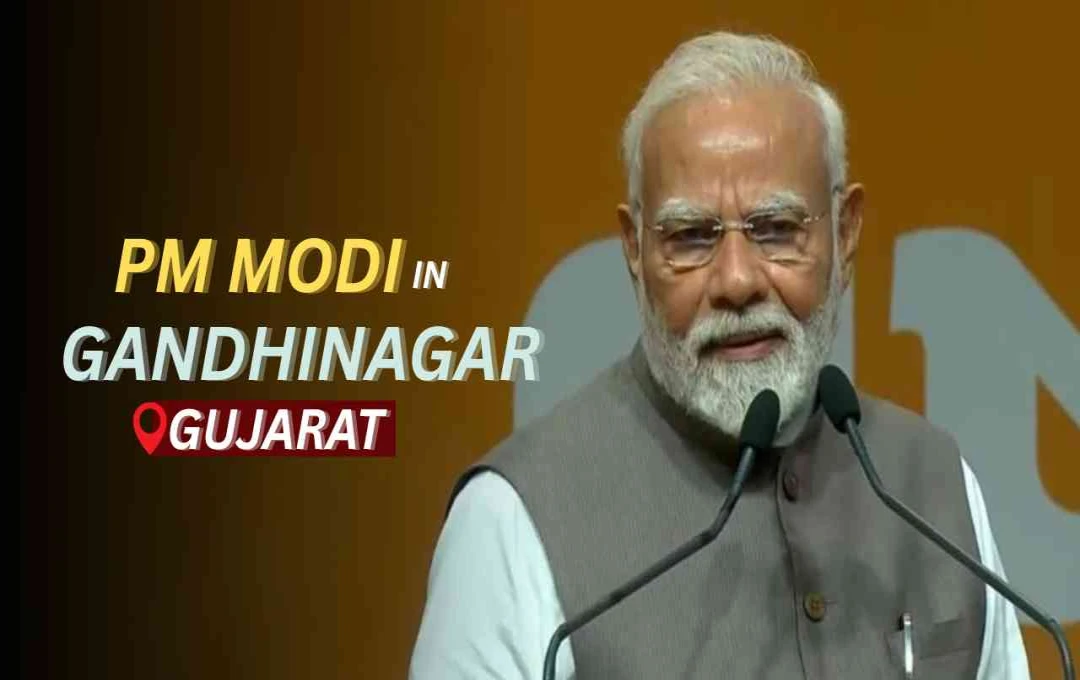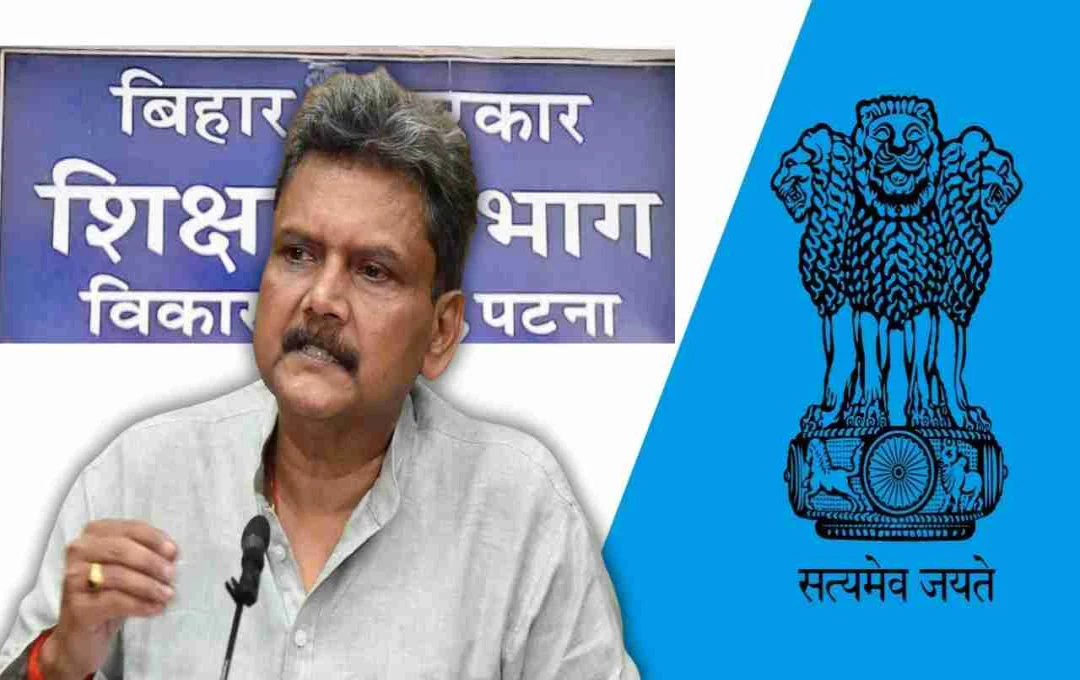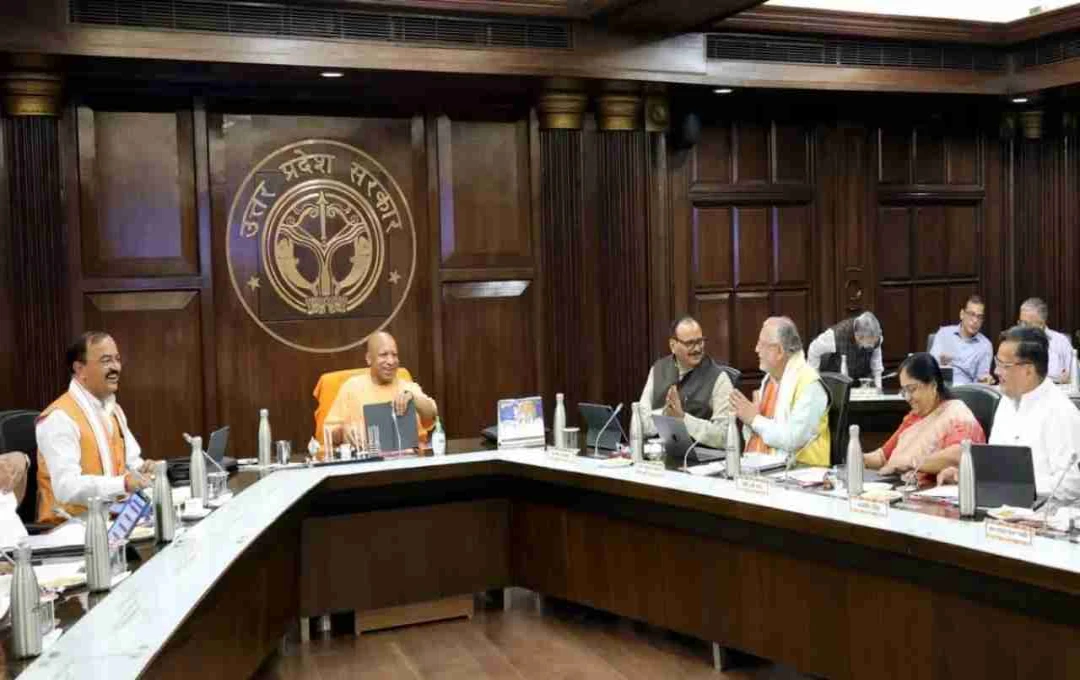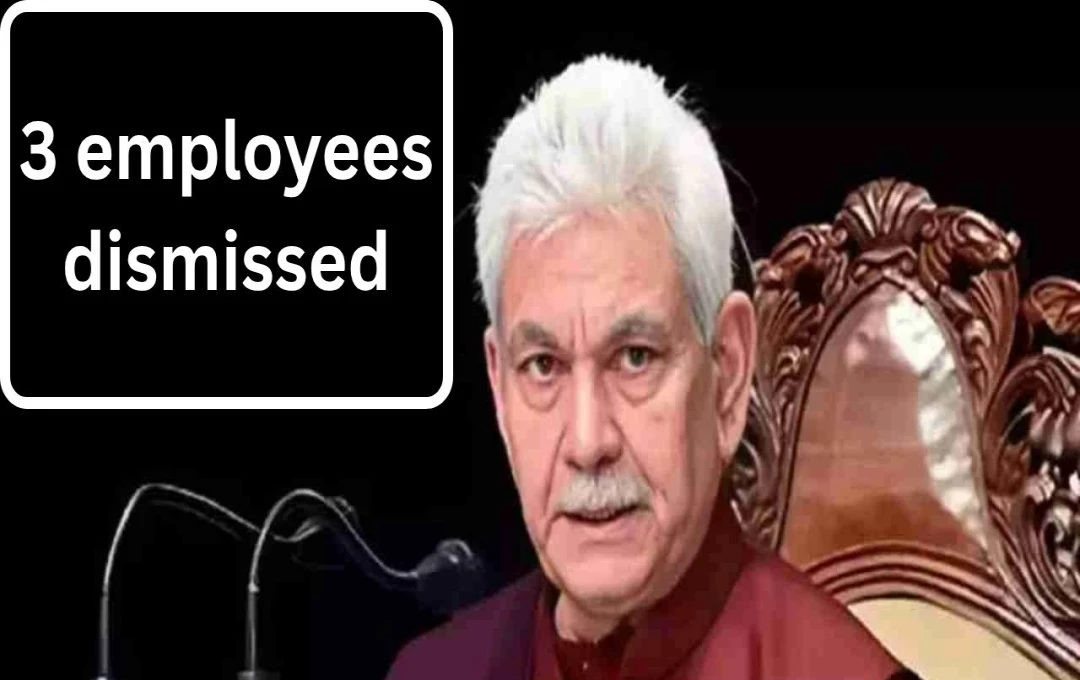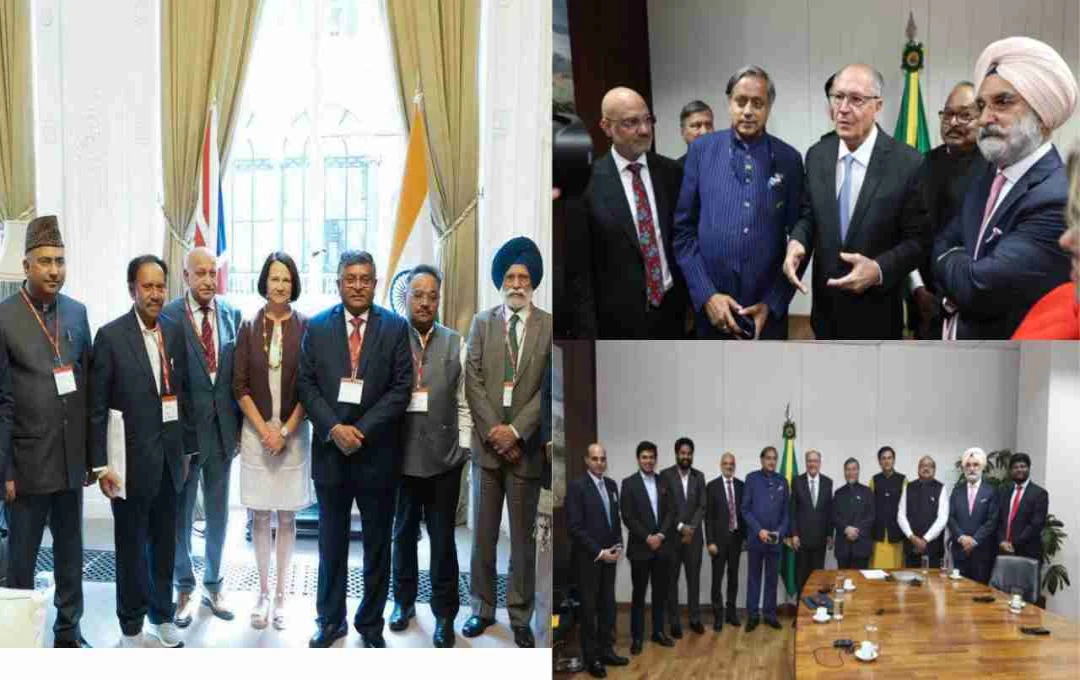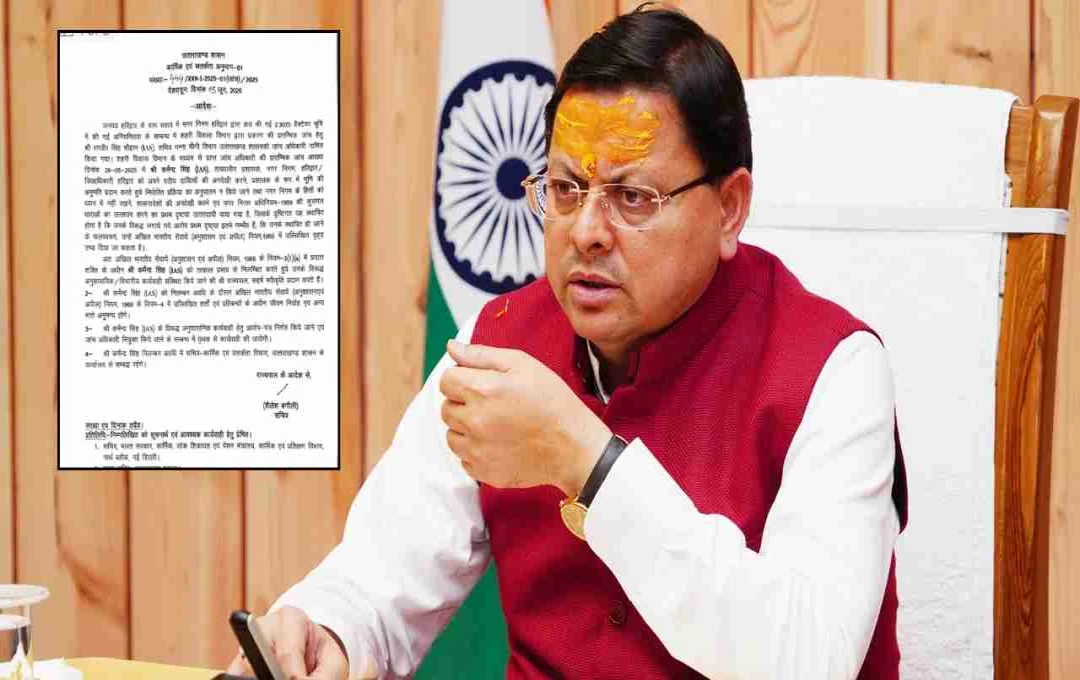Addressing a public gathering in Gandhinagar, Gujarat on Tuesday, Prime Minister Narendra Modi urged citizens to support "Operation Sindur." He stated that while the mission was initiated by the Indian armed forces, its success now rests on the shoulders of India's 1.4 billion citizens. PM Modi emphasized the need to reduce dependence on foreign goods by embracing domestically produced products.
The Prime Minister encouraged citizens to substitute foreign goods with Indian-made alternatives in their daily lives. He highlighted that this would not only strengthen the nation's economy but also provide employment opportunities for local industries and artisans. Furthermore, reduced imports would lead to an increase in foreign exchange reserves, further improving the economic situation.
India's Economic Strength and the 'Make in India' Initiative
NITI Aayog CEO B.V.R. Subrahmanyam recently announced that India has surpassed Japan to become the world's fourth-largest economy, with a size of $4.187 trillion compared to Japan's $4.186 trillion. India now aims to become the world's third-largest economy.
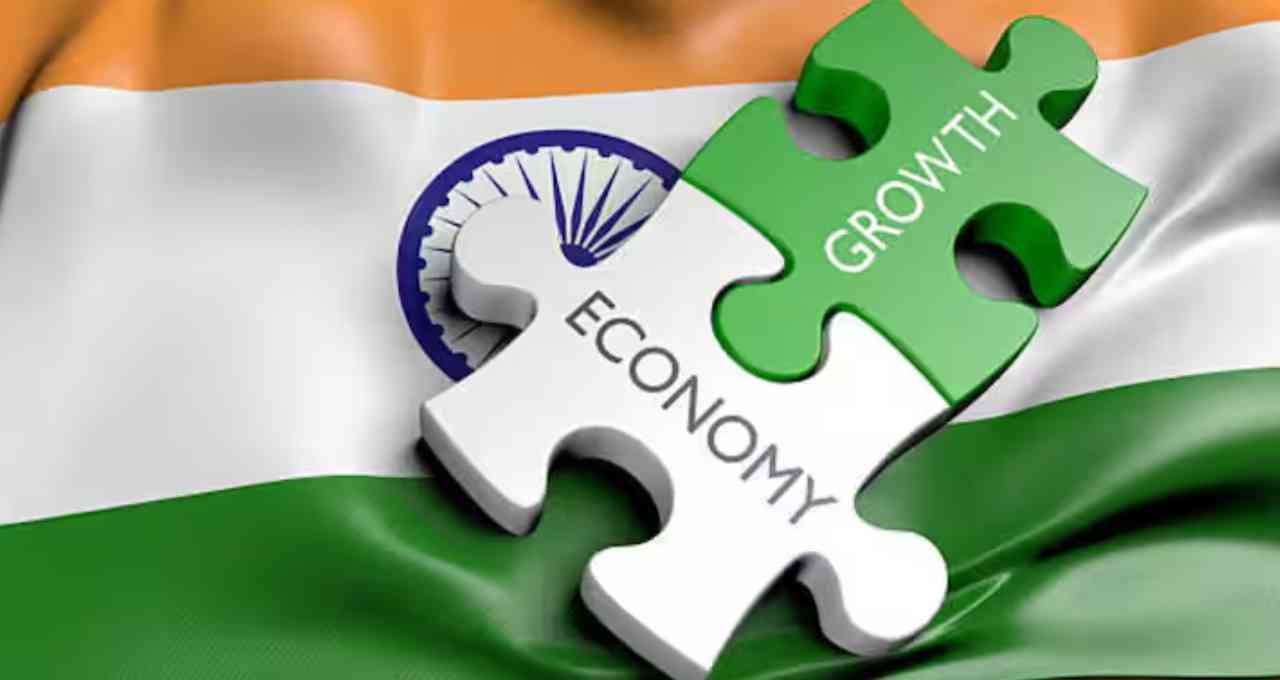
Prime Minister Modi stated, "The responsibility of making the country self-reliant rests on all of us. This battle is not only on the borders but also within our homes and families. Increase the use of domestic products, even for small everyday items like hairpins and toothpicks. By freeing ourselves from foreign goods, we can realize the dream of a b and developed India by 2047."
The Necessity of Reducing Dependence on Foreign Products
India imports approximately 6000 types of goods from nearly 140 countries worldwide. Imports from China constitute 13.7% of the total, with electronics, pharmaceuticals, and auto parts being major components. The Indian government is promoting 'Make in India' by reducing reliance on foreign goods. According to a Reserve Bank of India report, imports amounted to $918.93 billion in fiscal year 2024-25, exceeding the previous year's $854.80 billion. Boosting domestic production is therefore crucial.
Embrace Domestic Products: How to Participate
Our daily lives involve numerous foreign-branded products such as clothing, shaving cream, soap, detergents, batteries, and juices. PM Modi urged people to focus on the origin of the product—the country of the company—rather than just the brand, and prioritize local products. This will not only increase the demand for indigenous goods in our market but also strengthen economic growth.
Indigenous Defense Production and the Success of 'Operation Sindur'
India is rapidly progressing towards self-reliance in the defense sector. The 'Make in India' initiative is encouraging domestic defense production. India's defense export capacity has increased thirtyfold in the last decade. Recently, during 'Operation Sindur,' indigenous air defense systems successfully countered the enemy's advanced weaponry at the border.
Prime Minister Modi concluded, "This manpower will only be generated when we adopt products made in our country and proudly prioritize 'Made in India.' Limit dependence on foreign goods to only 1-2 percent and fulfill the rest with indigenous products."
